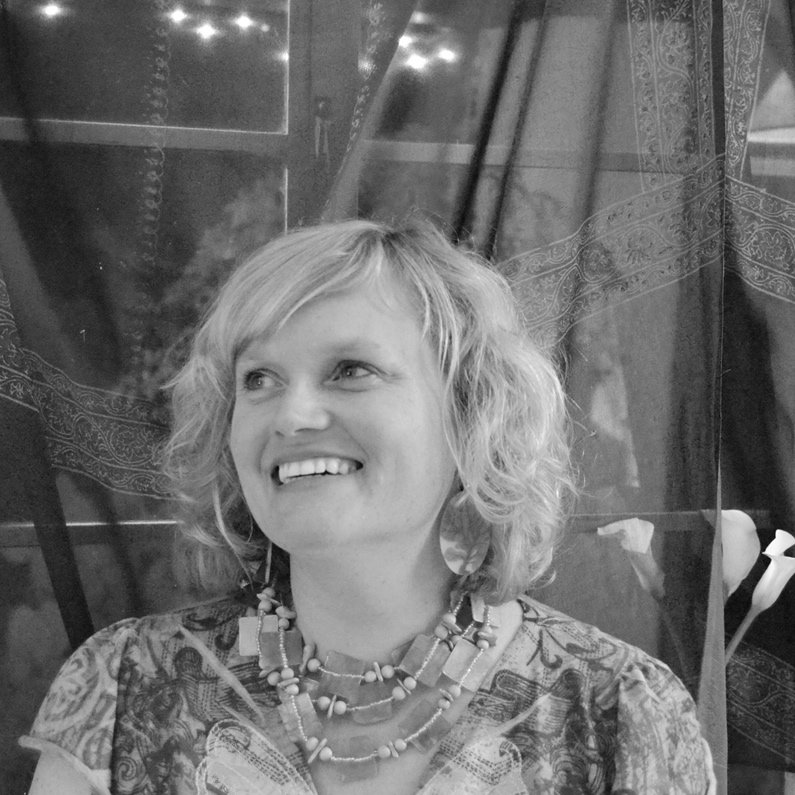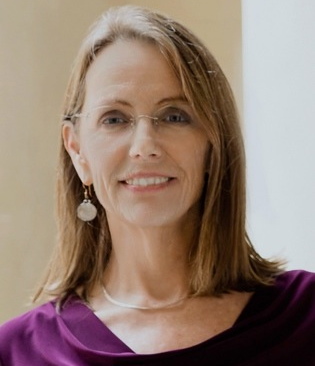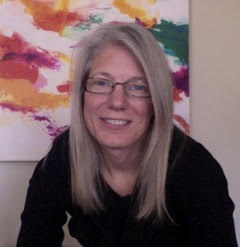Today we’re proud to feature Sarah Einstein as our eleventh Authors Talk series contributor.
This interview with Sarah Einstein was conducted in person at the NonfictionNow conference in Flagstaff, Arizona by Interview Editor Leah Newsom. Of the process she said, “though my memory of NonfictionNow is hazy with exhaustion, it was such a pleasure to meet with Sarah. Her writing is so honest and reveals the nature of complicated friendships. I appreciate how warm, how funny, and how kind she was, especially to take time out of the conference to meet with me.” In this interview, Sarah lends insight to the process of writing nonfiction, the ethics of writing about another person, the dangers of writing with an agenda, and the unique way she elicits memory to write memoir.
You can download the video on our iTunes Channel.
You can read Sarah Einstein’s interview in Superstition Review, Issue 16.
More About the Author:
Sarah Einstein is the author of Mot: A Memoir (University of Georgia Press 2015), Remnants of Passion (Shebooks 2014), and numerous essays and short stories. Her work has been awarded a Pushcart Prize, a Best of the Net, and the AWP Prize in Creative Nonfiction. She is a professor of Creative Writing at the University of Tennessee at Chattanooga.
About the Authors Talk series:
For several years, we have featured audio or video of Superstition Review contributors reading their work. We’re now establishing a new series of podcasts called Authors Talk. The podcasts in this series take a broader scope and feature SR contributors discussing their own thoughts on writing, the creative process, and anything else they may want to share with listeners.






